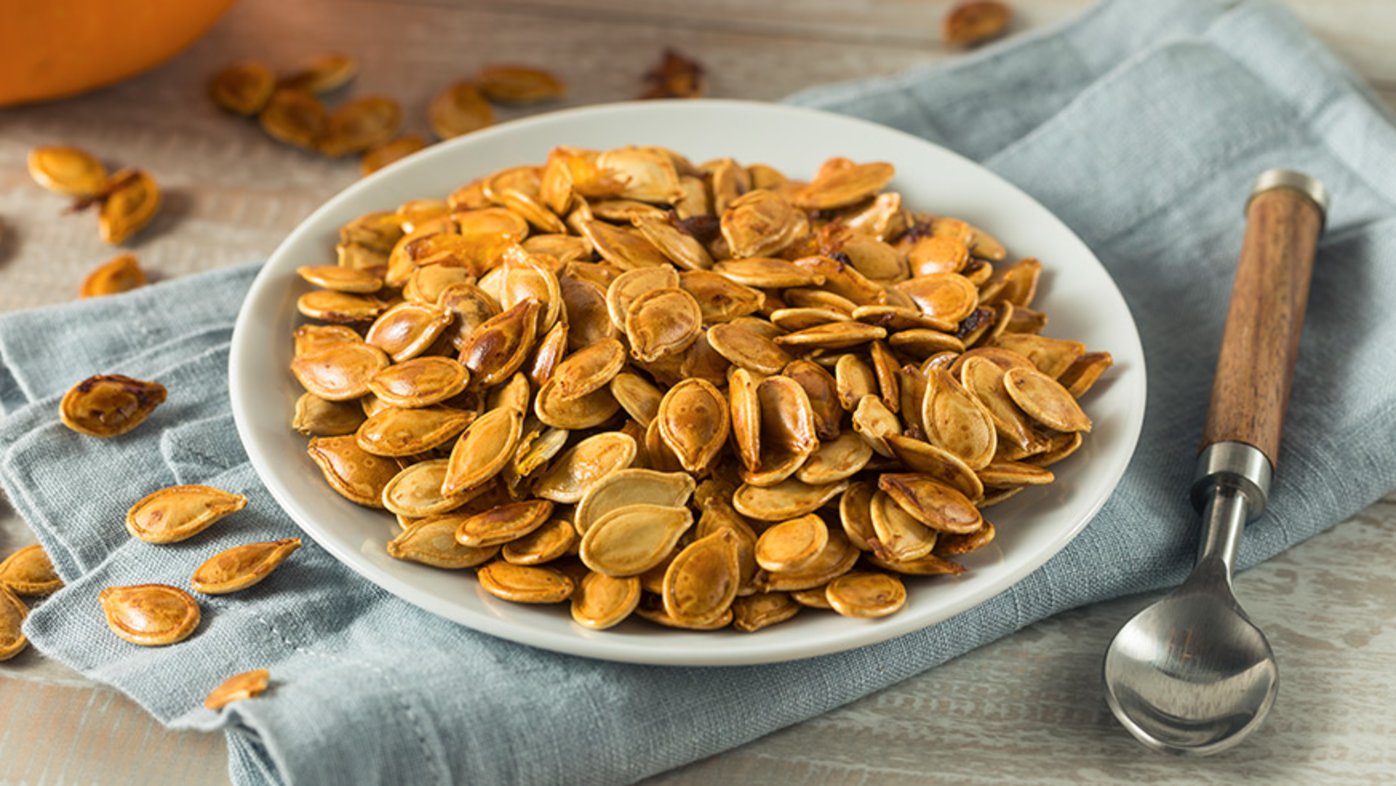
Health benefits of pumpkin seeds
Pumpkin seeds are loaded with the nutrients our bodies need.
While the colorectal cancer screening process can be intimidating, it’s easier than you might think. The best part: Colorectal cancer screening tests can save your life.
According to the U.S. Preventive Services Task Force, men and women at low to average risk for colorectal cancer should receive their first screening at age 45. Screening is recommended every 1, 5 or 10 years, depending on which screening test option is chosen.
Patients who have a colonoscopy, an outpatient procedure during which a doctor uses a flexible scope with a light and small camera to look for signs of cancer, should be screened every 10 years as long as their initial screening shows no signs of abnormal growths or cancer and they do not have an increased risk for colon cancer. During a colonoscopy, a doctor can also find and remove potential polyps, or growths, and some cancers.
Here are a few things you need to know before scheduling your colonoscopy:
Make sure you pick up your colonoscopy prep kit.
When you schedule your colonoscopy, you will receive detailed preparation instructions from your doctor. It’s important to follow these directions exactly, as improper preparation can result in a cancelled exam or the need to have a repeat exam. A clean colon will help your doctor accurately identify precancerous polyps or cancer if they are present.
Your doctor will send a prescription for a colonoscopy prep kit to your preferred pharmacy. Be sure to fill the prescription 10 days before your scheduled exam.
Know what to eat and drink before your colonoscopy.
In order to ensure that your colon and rectum are completely empty, you will need to limit what you eat and drink in the week before your procedure. The bowel prep instructions will provide complete details, but you will need to observe a liquid diet and avoid certain foods. While directions may vary, most colonoscopy prep calls for the following:
Seven days before your procedure: Stop eating seeds, nuts, corn and other high-fiber foods.
Two days before your procedure: Stop eating all green vegetables and fresh fruits. You can eat meat, fish, eggs, dairy, bread and pasta.
The day before your procedure: Begin your clear liquid diet, and do not eat solid food until after your procedure. A clear liquid diet includes strained fruit juices; clear soda; tea and coffee without cream; and clear beef, chicken or vegetable broth. Avoid purple or red liquids, which can look like blood in the colon, which can be a sign of precancerous polyps or cancer.
You’ll need to stop taking some medications beforehand.
If you take regular medications, talk to your doctor at least seven to 10 days before your scheduled procedure about which ones to stop taking and which ones to continue taking, including:
Over-the-counter pain relievers: Stop taking aspirin and nonsteroidal anti-inflammatory drugs (NSAIDs), such as ibuprofen and naproxen, seven days before your procedure.
Heart and seizure medications: Do NOT stop taking medications for high blood pressure, heart rhythm disturbances or seizures without approval from your doctor.
Blood-thinners: Your doctor will decide the best course of action if you take prescription anticoagulants to thin your blood. Make a plan at least seven to 10 days before your colonoscopy.
Insulin: If you use insulin to manage diabetes, you will need to adjust your dosage in advance of your colonoscopy. Refer to the detailed preparation instructions you will receive from your doctor or pharmacy.
The most important thing to remember is to follow the instructions provided by your care team. Instructions may differ among doctors, offices, clinics and hospitals, so follow the guidance you are given rather than what friends or family members received.
Sharp Rees-Stealy patients can find detailed information in English and Spanish on the Sharp Rees-Stealy patient resources page. Sharp Rees-Stealy also offers a patient education video that includes an overview of the colonoscopy preparation process.
Our weekly email brings you the latest health tips, recipes and stories.